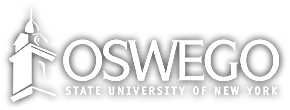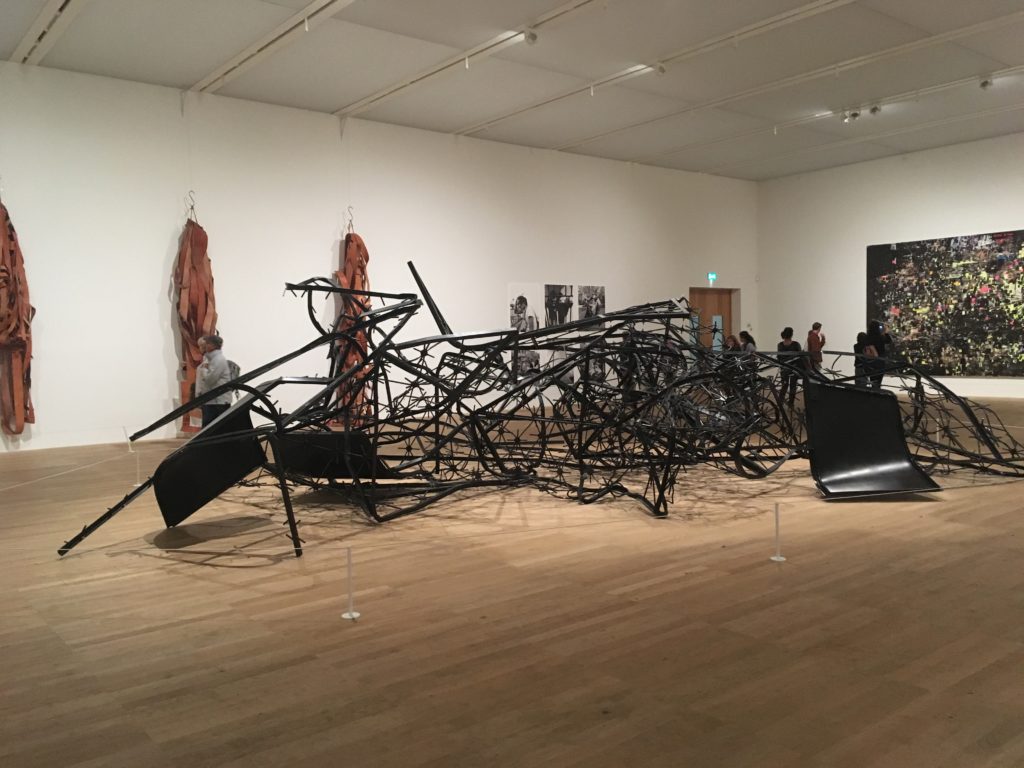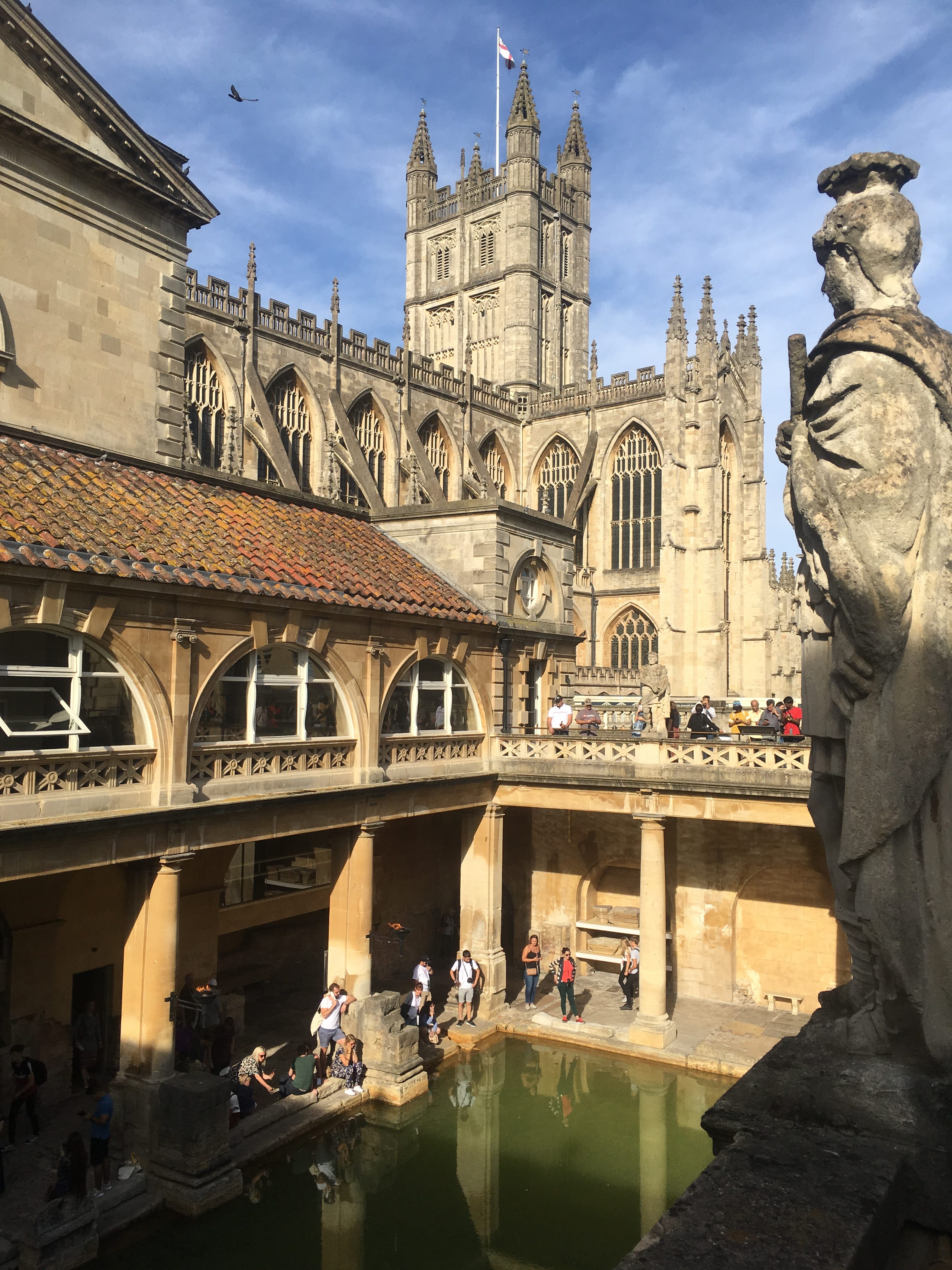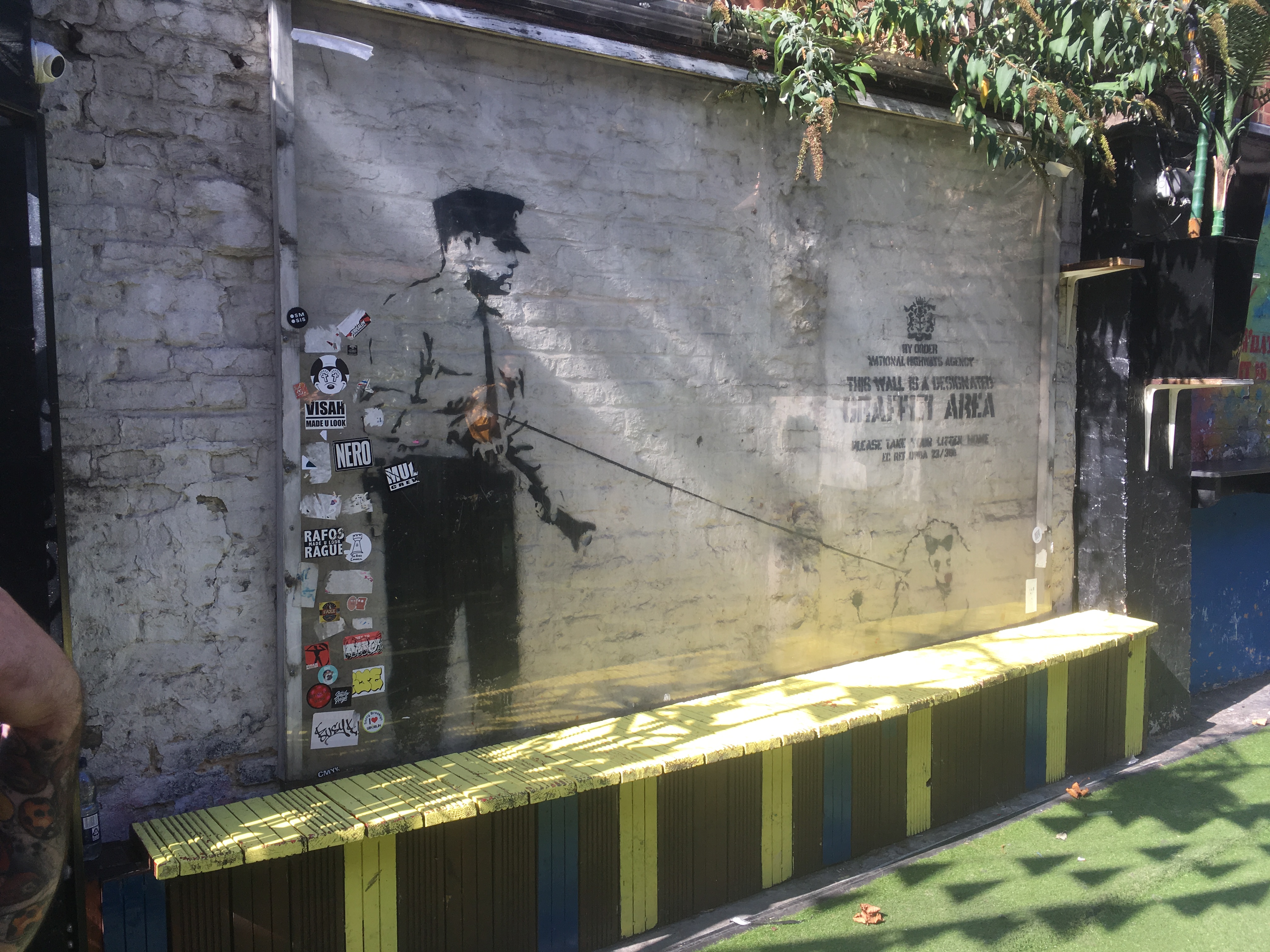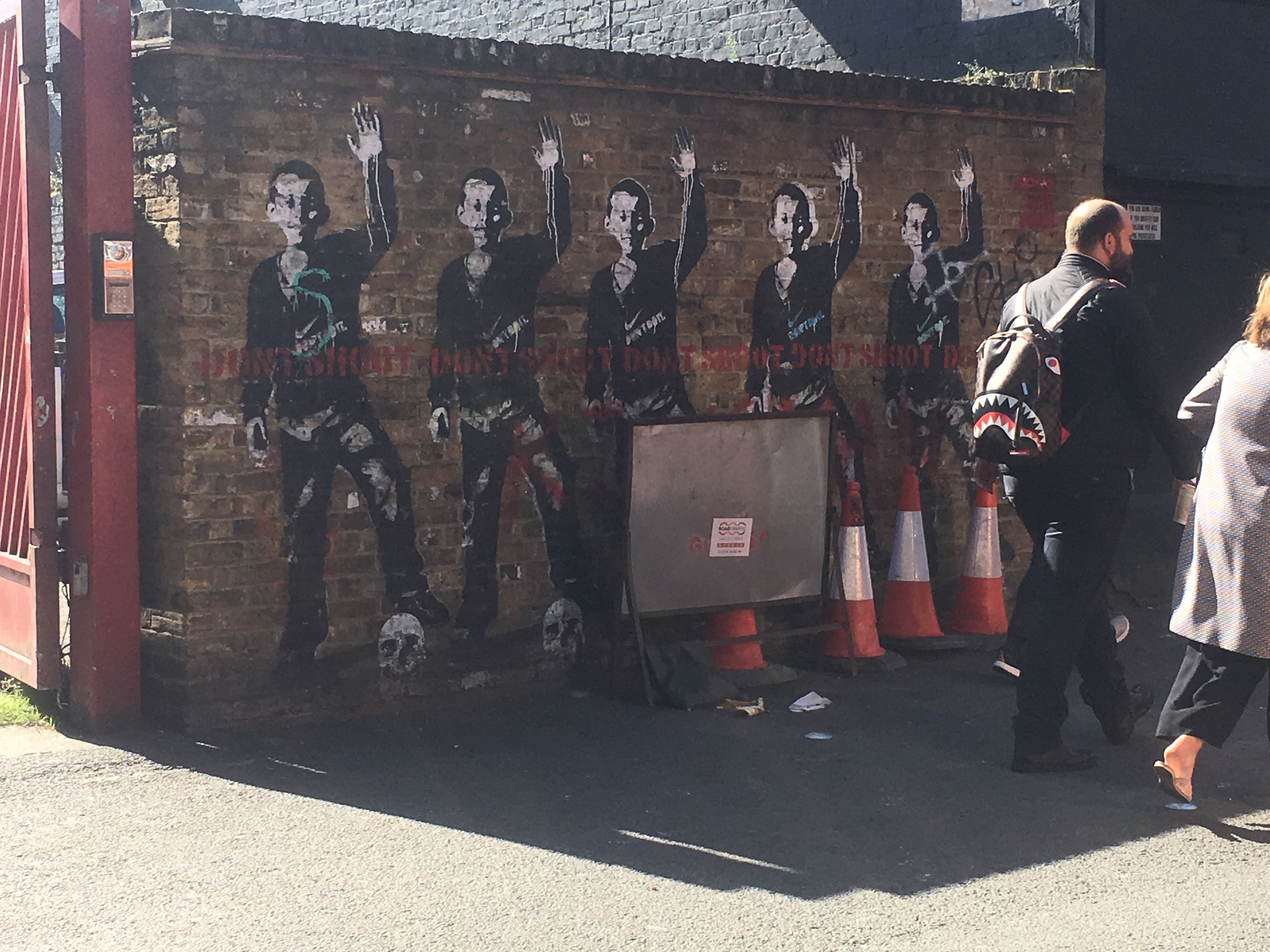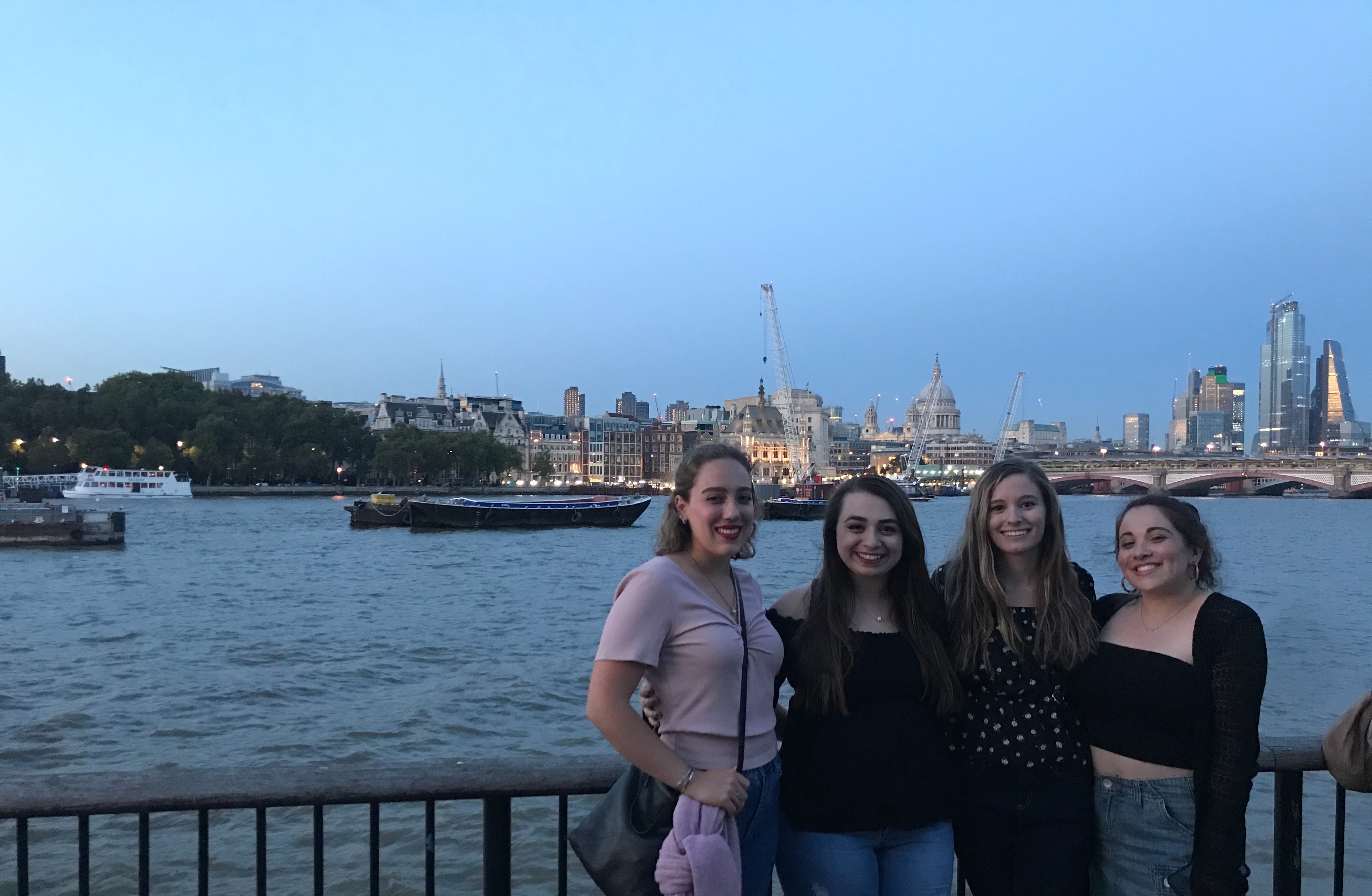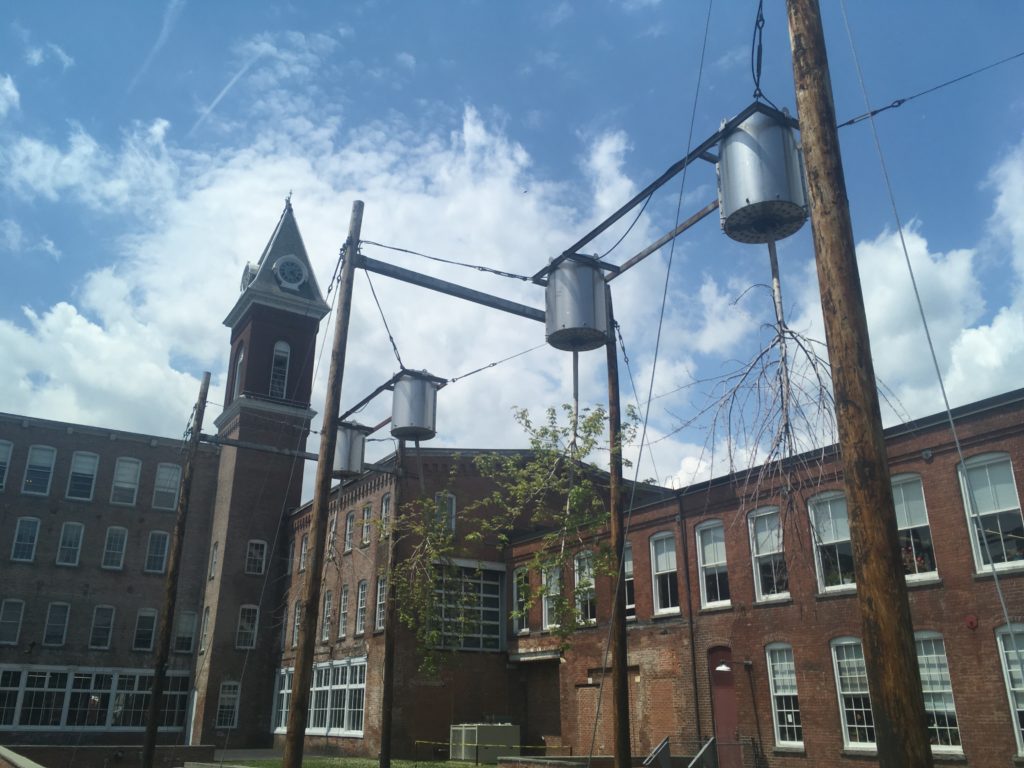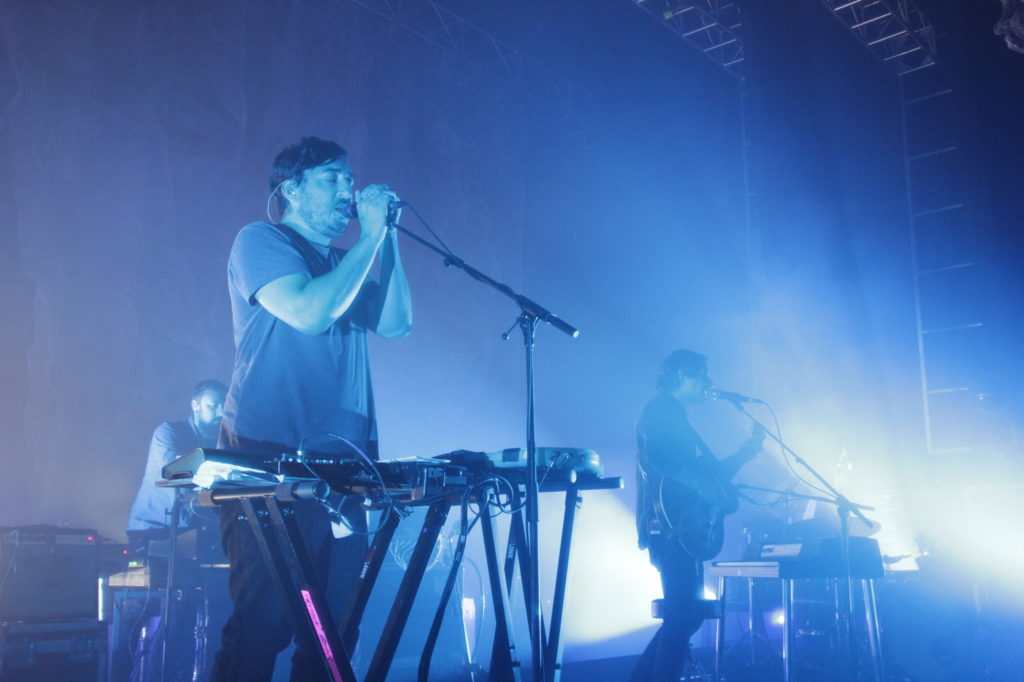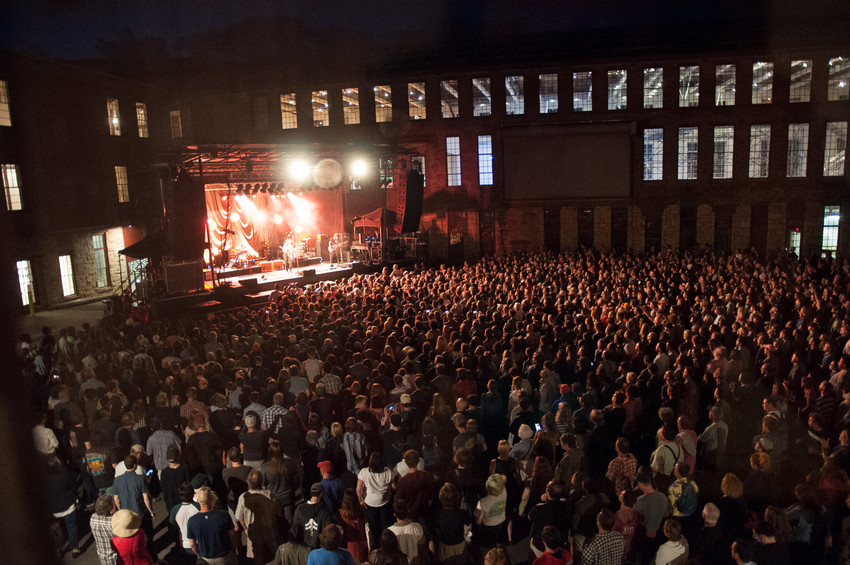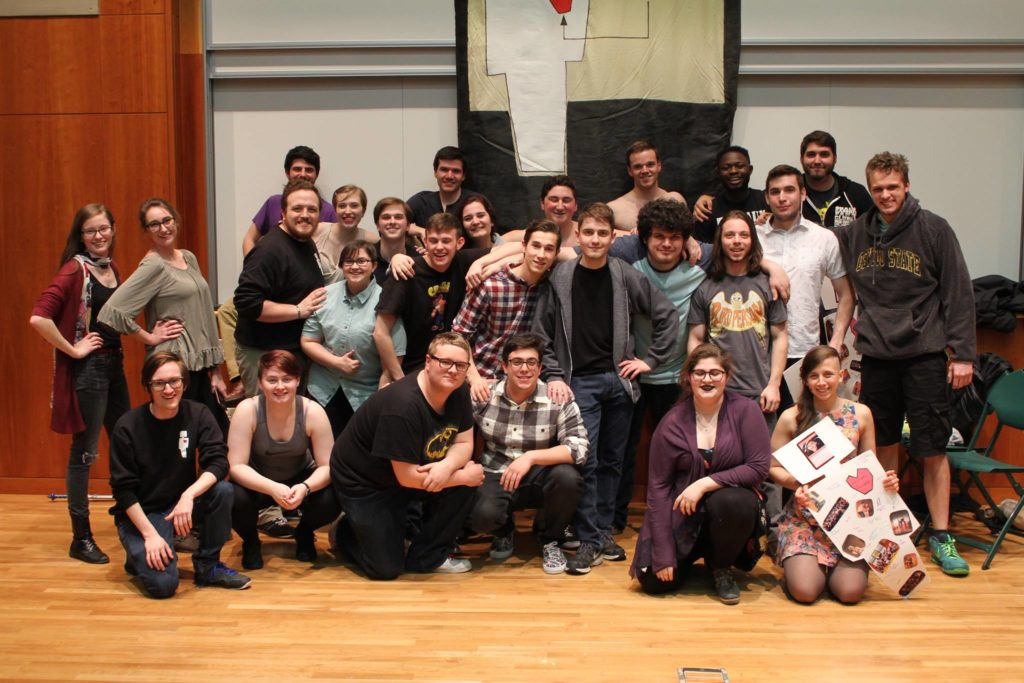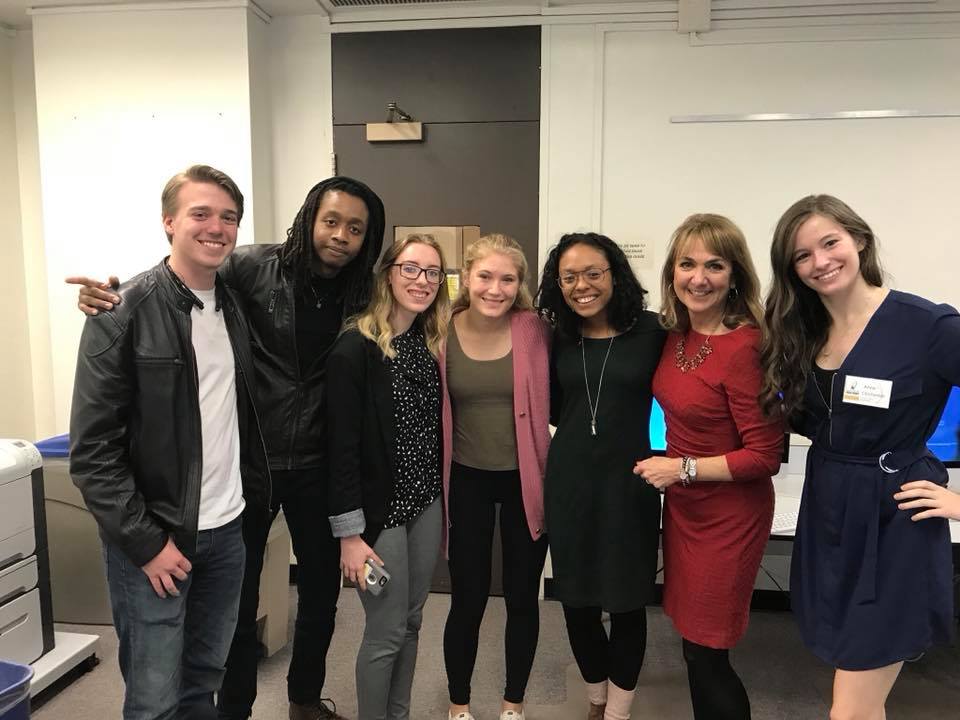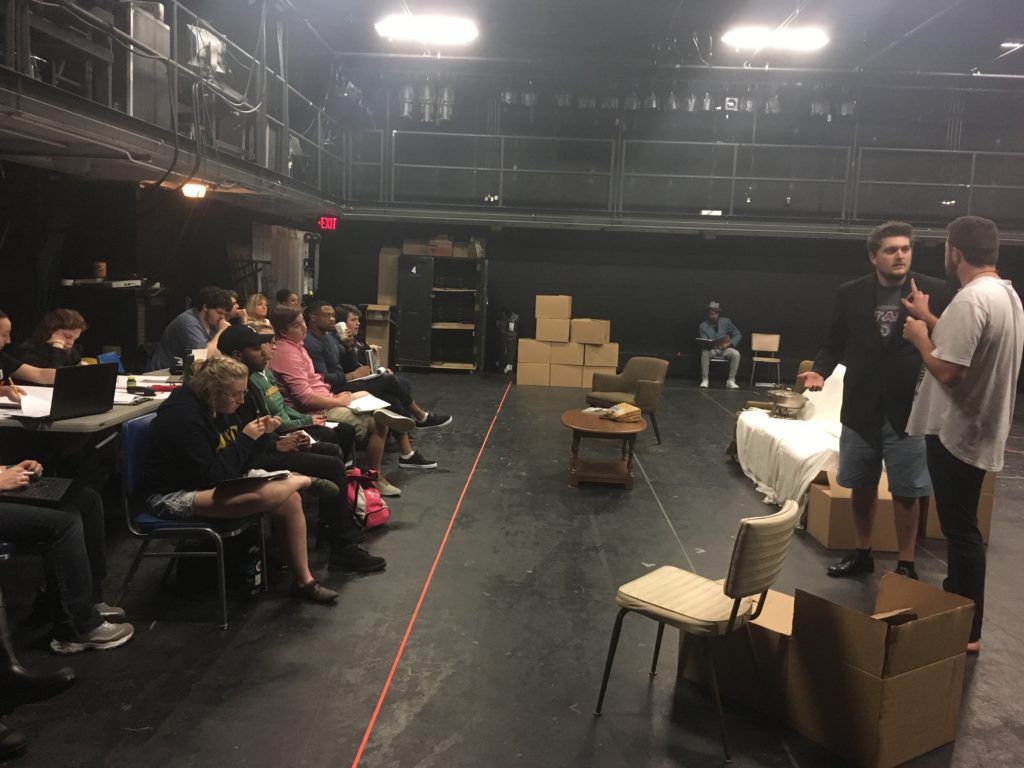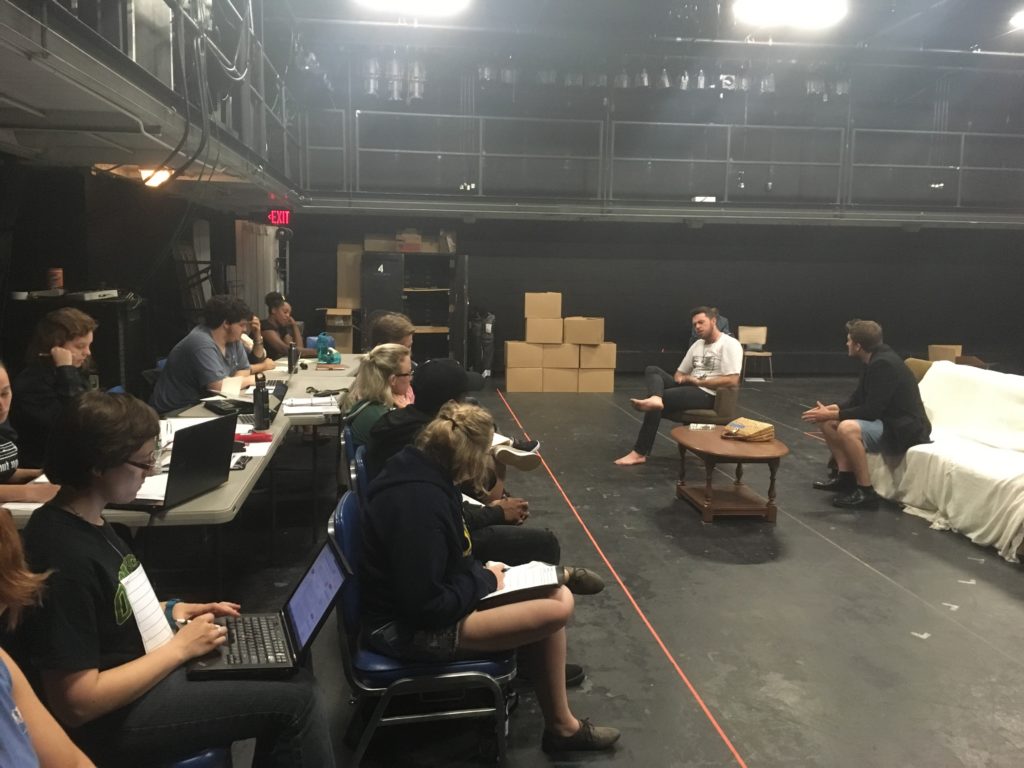With the end of my senior year of college creeping up and with 3 years at college behind me, I’ve had the pleasure of experiencing a lot of incredible things at college. However, an unexpected highlight came a few weeks ago at this year’s 2020 Martin Luther King Jr. Celebration.
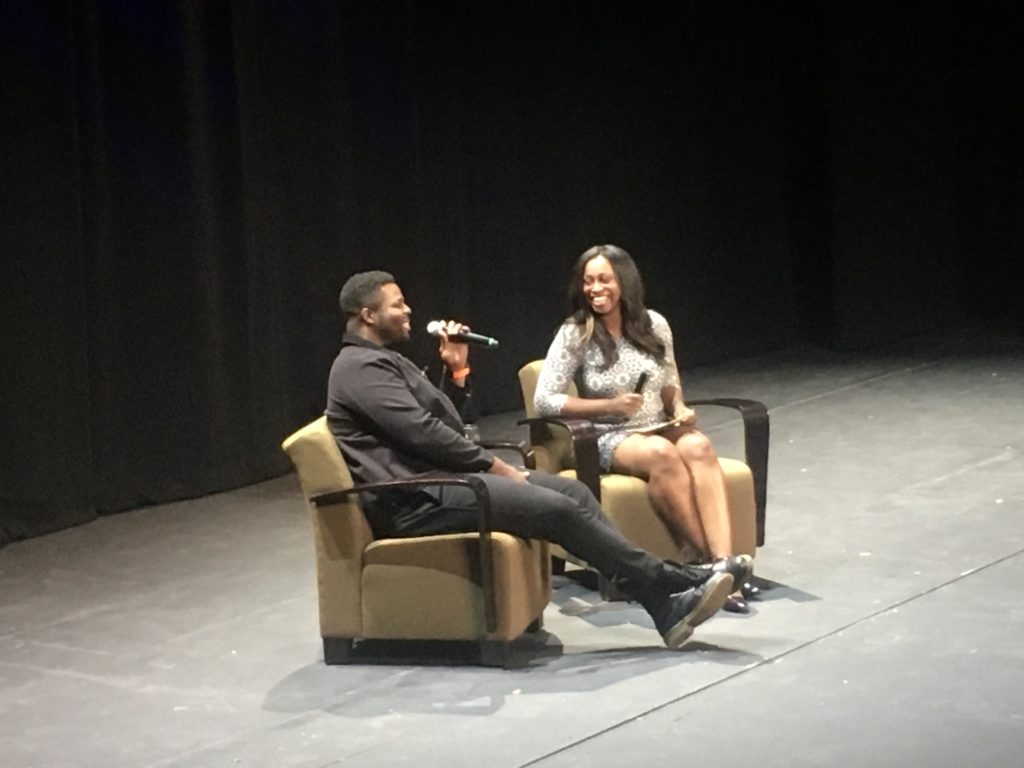
SUNY Oswego brought in “Black Panther” and “Us” actor Winston Duke. Duke is widely known for his portrayal of M’baku in the Marvel Cinematic Universe, and the student excitement over his appearance was palpable. I remember last spring semester when tickets to “Avengers: Endgame” went on sale, I bought opening night tickets with 15 of my friends. We all watched the film in the sold out Oswego Cinema until 2am. Watching the climax of that film, with a whole theater full of college students cheering and crying, was one of my favorite memories of the last four years. When my university brought in one of the actors from that film series, I immediately jumped on the opportunity to cover it.
Winston Duke was unlike any other guest speaker I have ever witnessed. The energy he harnessed from the student body was palpable. As he entered the stage, he was greeted by the cheer of the crowd all yelling his name, while he continuously hyped them up. That energy continued throughout his time onstage, as the students were exceedingly responsive to his presence. This was exemplified in his proclamation of “You guys cheer at the most random things. PANCAKES.” Cue tremendous applause.
Having grown up in Trinidad and later having been raised in Rochester, NY, Duke spoke so closely to the experiences of the students at SUNY Oswego. In the discussion led by Theatre Department faculty member Mya Brown, the crowd listened in as Duke talked about the impact of being an immigrant and finding your identity as a young adult with those circumstances. As a college student, you assume that those that have found success have always had their path laid out or figured out. It was so moving to hear from an acclaimed actor that not only did he go to a SUNY undergrad like ourselves, but he also changed majors numerous times before he landed on acting. “There is no answer. I never knew this is what I wanted to do.”
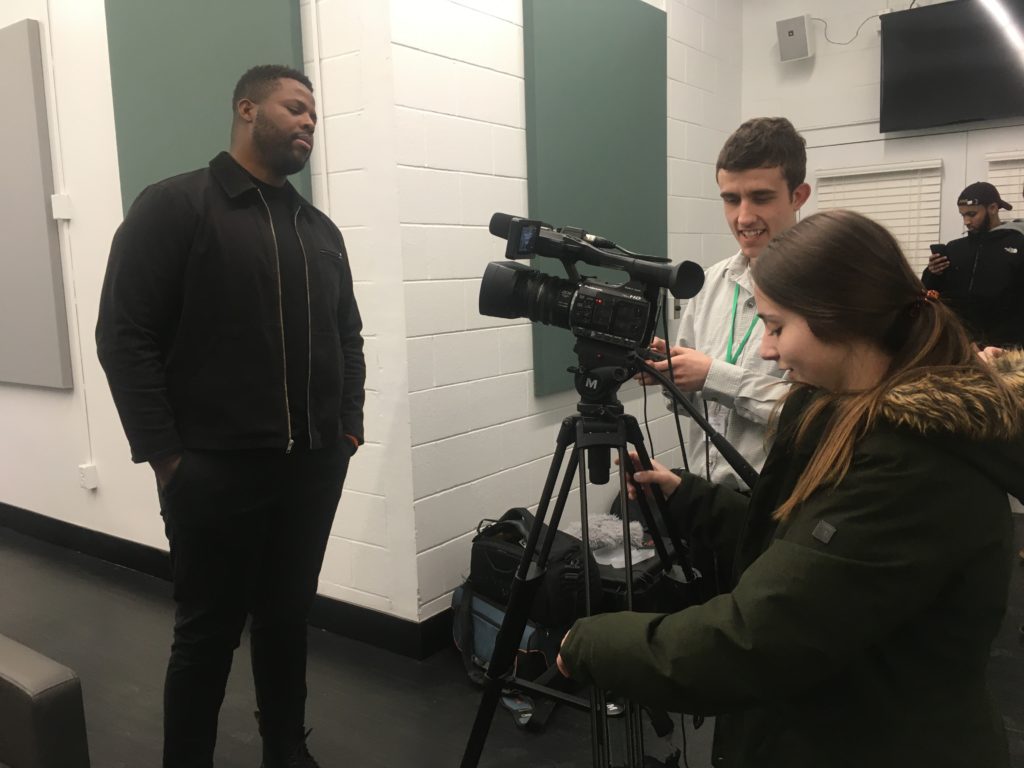
At this point in our lives as college students, we are all so closely in search of who we are and who we want to be in this life. The concept of identity is such a clouded thing at this point in my own life and the lives of my peers. The heart of the MLK event is the celebration of identities and the diversity that encompasses the numerous identities of our student body. Duke discussed his struggles with racism early in his life, sexualization following his fame, as well as the struggle that he faced when breaking into the film industry with casting agents labelling him certain ways based on his appearance. He encouraged us to “be aware of the narrative your body tells and take control of that.” Things like masculinity and femininity don’t need to be displayed in specific ways.
